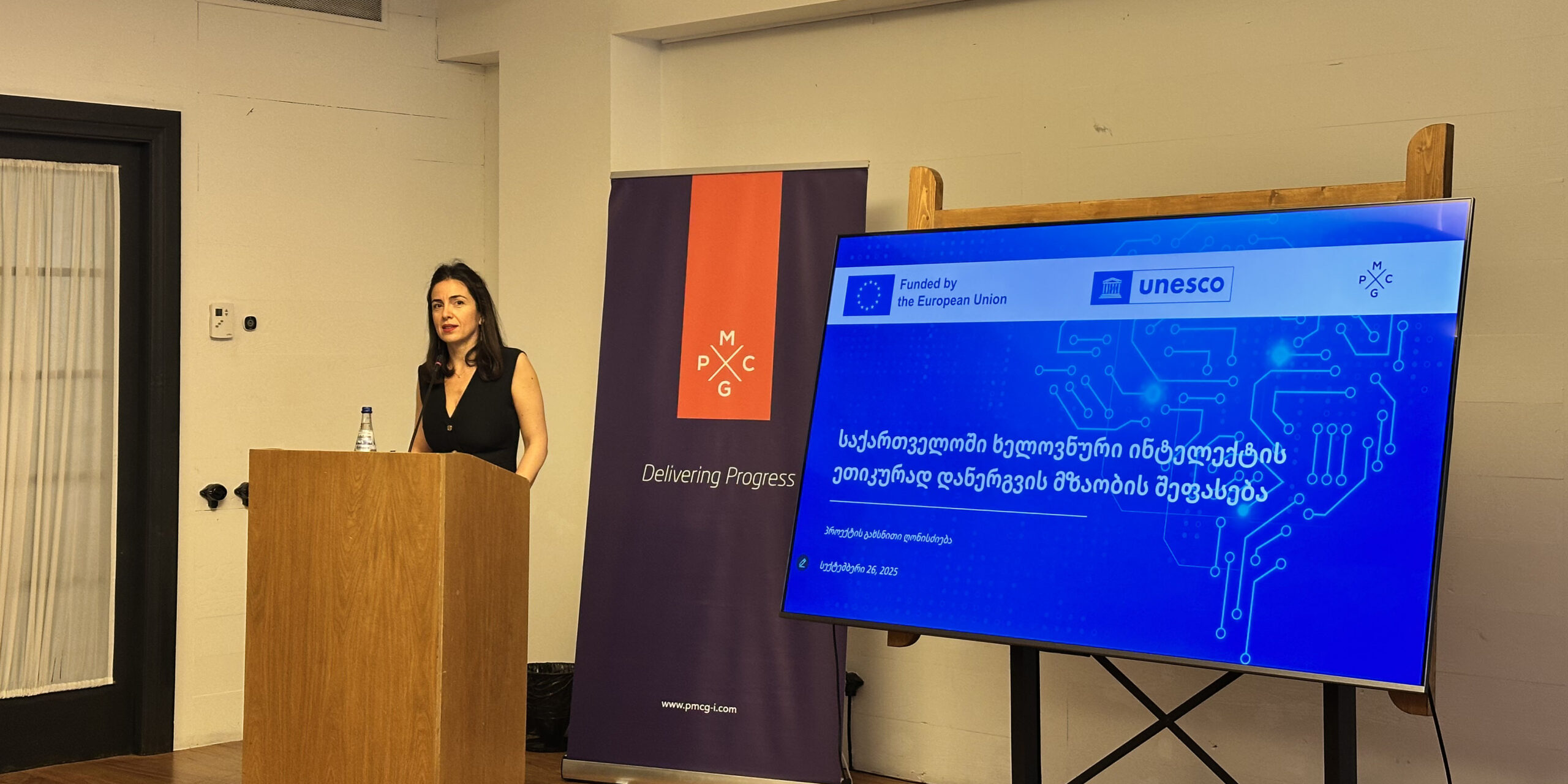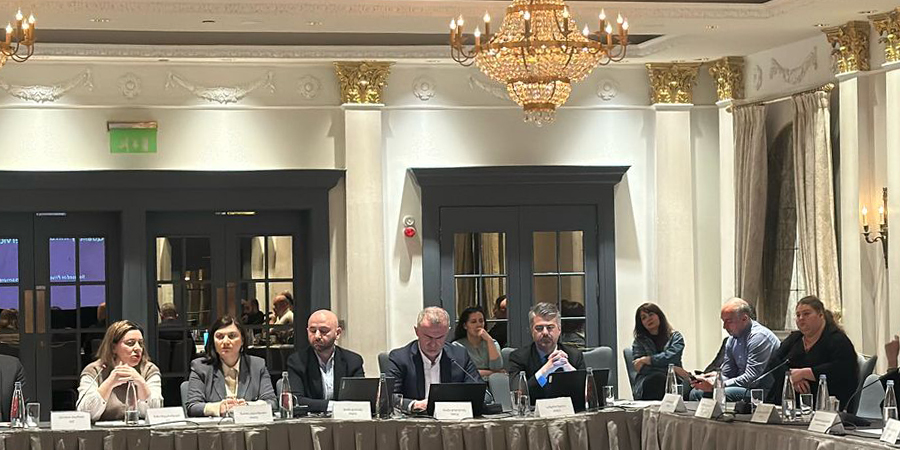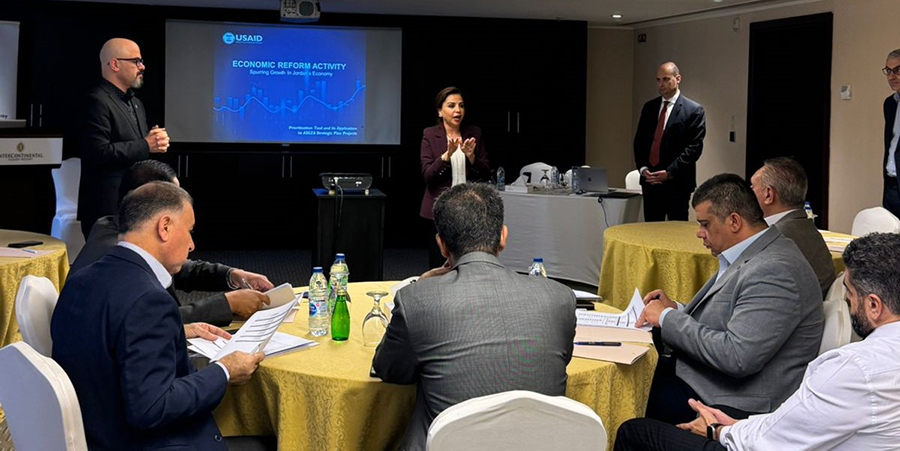Assessment of AI Readiness in Georgia


On September 26, 2025, Policy and Management Consulting Group (PMCG), in collaboration with UNESCO, held the public kick-off event of the EU-funded project “Assessing Georgia’s Readiness for the Ethical and Responsible Deployment of Artificial Intelligence.” The meeting took place at Rooms Hotel Tbilisi and brought together representatives from government institutions, regulatory bodies, academia, civil society, the private sector, and international development partners.
This initiative is part of UNESCO’s global effort to assist its Member States in implementing the Recommendation on the Ethics of Artificial Intelligence, adopted in 2021 by 193 countries. To support countries in translating this Recommendation into practice, UNESCO developed the Readiness Assessment Methodology (RAM) — a tool designed to evaluate national preparedness for the ethical governance of AI and to provide actionable policy guidance.


Nino Samvelidze, Program Manager for Digitalization at the EU Delegation to Georgia, pointed out the potential of AI as well as the responsibility needed to build trust around it:
“Artificial Intelligence represents a fundamental opportunity to boost efficiency, foster innovation, and improve public services. However, the real challenge lies in ensuring that AI functions within an environment that safeguards human rights, social responsibility, and ethical principles. In the context of Georgia’s digital economy, and compared to the EU’s clear legal framework on AI, it is essential that we refine innovation and support research—yet always within a responsible environment where both citizens and businesses can place their trust in AI.”
Gigi Giorgadze, Founder of the Georgian Association for Artificial Intelligence (GAIA), set the scene by highlighting the importance of establishing an ethical governance framework for AI as the foundation of a national AI strategy, noting:
“The presentation of the study was the first step for all stakeholders — both those directly involved in the research and those for whom its outcomes may serve as the basis for future actions — to recognize the necessity of a shared vision and collaboration. The Georgian Association for Artificial Intelligence will be actively engaged throughout the research and communication of its results, helping to represent the position of the sector.”
Adrian James Wright (UNESCO, Coordinator for Evaluation Capacity Development) introduced UNESCO’s Recommendation on the Ethics of AI and the RAM methodology, sharing lessons learned from its application in other regions, including Africa, Latin America, and Asia


The event also included a presentation of the project’s objectives, deliverables, and timeline. The work will result in a Diagnostic Report, a Synthesis Report, and a Policy-Oriented Country Report, supported by a National Forum on AI and contributions to the UNESCO Observatory. These outputs are designed to strengthen institutions, enhance Georgia’s global visibility, and lay the groundwork for an inclusive national AI strategy
A multi-stakeholder Steering Committee was officially launched, bringing together representatives from universities and research institutions, civil society organizations, and private sector actors in technology and AI. Its mandate, roles, and responsibilities were presented during the event, and the Committee will guide the project through regular consultations and the validation of key milestones



By participating in this initiative, Georgia joins a growing number of countries worldwide that are working with UNESCO to establish robust, human rights-based frameworks for AI governance — frameworks that safeguard freedom, transparency, accountability, and inclusion in the digital age.







